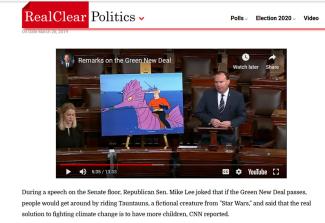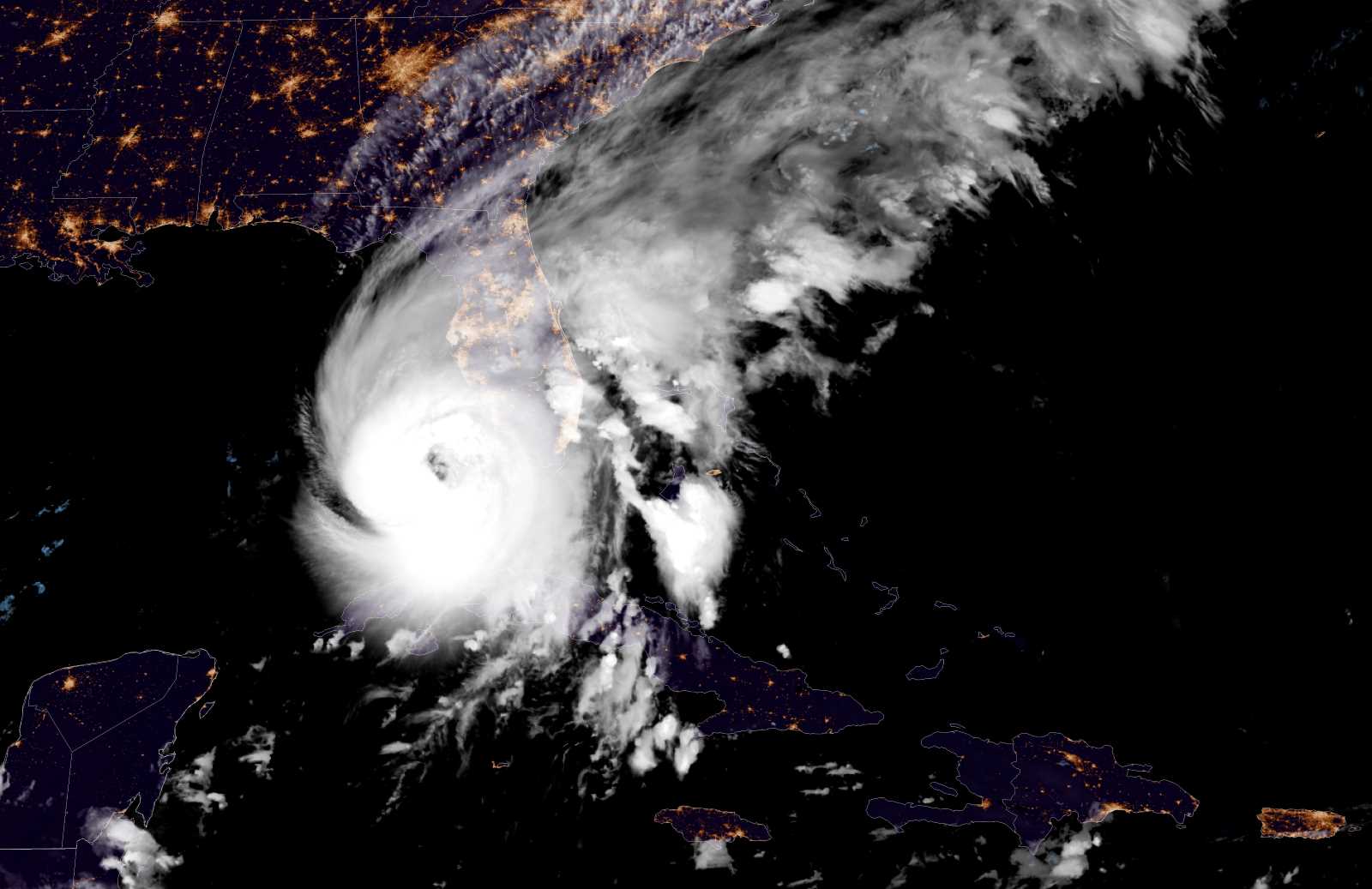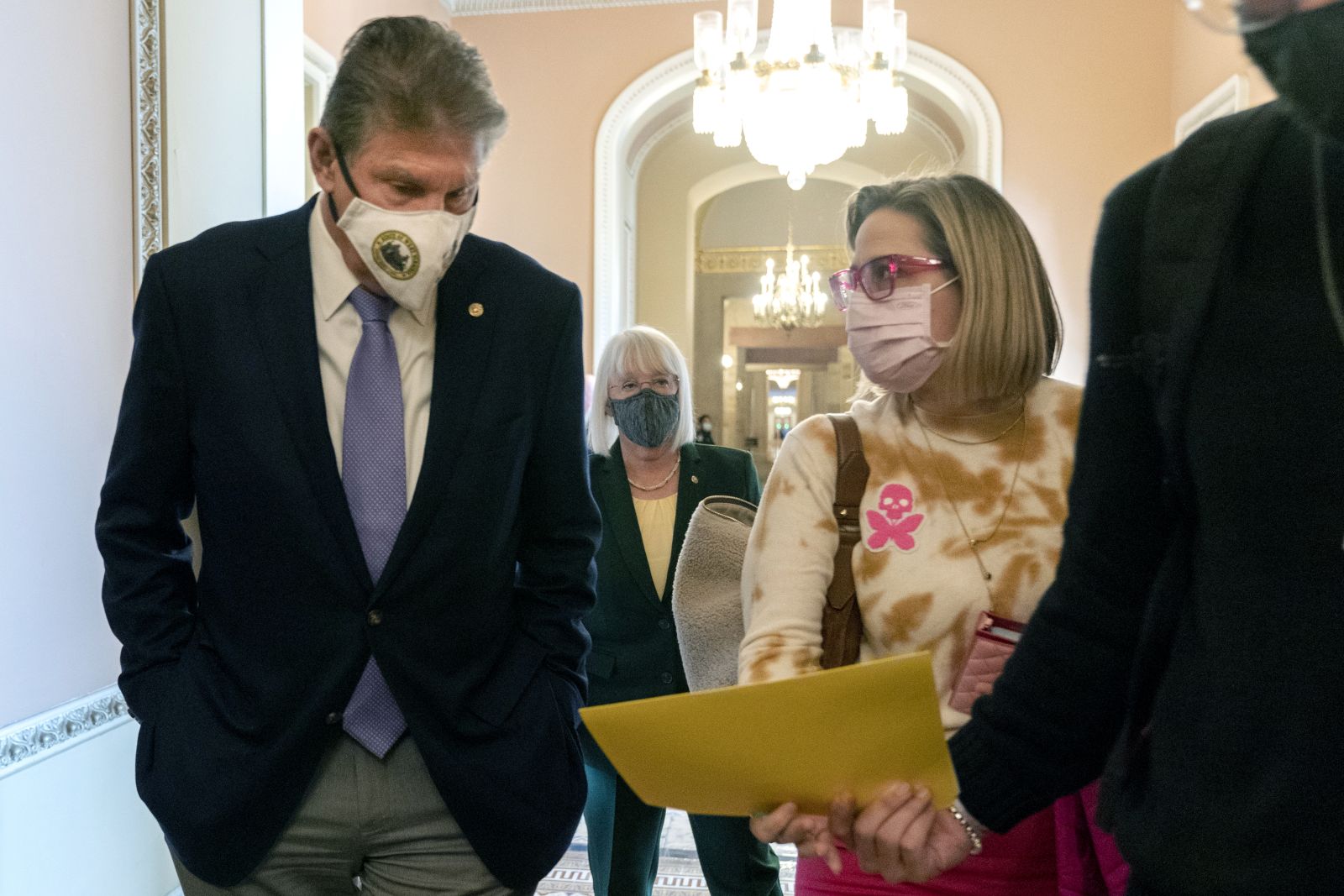Blog
Why right-wing populism is often linked to climate denial

NASA, the US space agency, warned that the earth is heating up in February. That does not keep Mike Lee, a Republican senator from Utah, from making fun of people who demand climate protection. He says environmentalists, scientists and any policymakers who oppose him are only fear-mongering.
This stance is typical of US President Donald Trump’s party as well as other right-wing populist forces around the world, including, for example, Germany’s AfD. At D+C/E+Z we understand the term “populism” to stand for political movements that:
- shy away from evidence-based debate,
- make unfulfilled promises and
- thrive on discrediting and hounding whoever opposes them.
They claim to directly represent “the” people, and feel free to declare that anyone who does not agree with them does not really belong to the nation.
It is striking that populist movements tend to deny climate change. There are several reasons. As Bruno Latour, the French philosopher, has argued, anyone who acknowledges that the planet is warming and that human action is the reason, must accept moral imperatives. Since the damage is huge and will only keep growing, human action must change to mitigate the phenomenon. Therefore, anyone who does not want to take such action, cannot accept scientific truth.
As Ingo Arzt pointed out in taz, the German centre-left newspaper, this applies in particular to political parties who emphasise nationalist policymaking. First of all, climate change is a global problem that requires multilateral action. Denying it is a problem at all, lets populists of the hook. Second, the established economic powers are the ones who have contributed most to causing climate change, so they are morally obliged to compensating victims. Of course, that is the last thing right-wing populists want, as Arzt wrote. Again, so they deny the truth.
Brooke Harrington, a professor of sociology at Dartmouth College in New Hampshire, spelled out related thoughts in the Guardian, without however focusing on climate issues. Her topic was that many of the super-rich today support right-wing populists because they feel constrained by multilateral policymaking. In this perspective, the plutocrats who used to support globalisation because it meant freer movement of capital, are now turning against globalisation because international regulations are beginning to have an impact on laws concerning taxes, social protection and the environment. In Harrington’s words, they are “anarchists” who simply do not want to accept any rules all. They are not interested in the national sovereignty the populists they fund demand. They are interested in thwarting state power altogether, pitting many smal national entities against one another.
They real problme is that they have managed to turn the anger of people who suffer the downsides of globalisation away from themselves, by blaming a “globalist elite”.
P.S.: This month, the UN Enviroment Programme warned: "Even if the world were to cut emissions in line with the existing Paris Agreement commitments, winter temperatures over the Arctic Ocean would rise 3-5°C by mid-century." That is the result of a new report. Rapidly thawing permafrost could accelerate climate change further and derail efforts to meet the Paris Agreement’s long-term goals. “What happens in the Arctic does not stay in the Arctic,” said Joyce Msuya, the agency's acting executive director.












